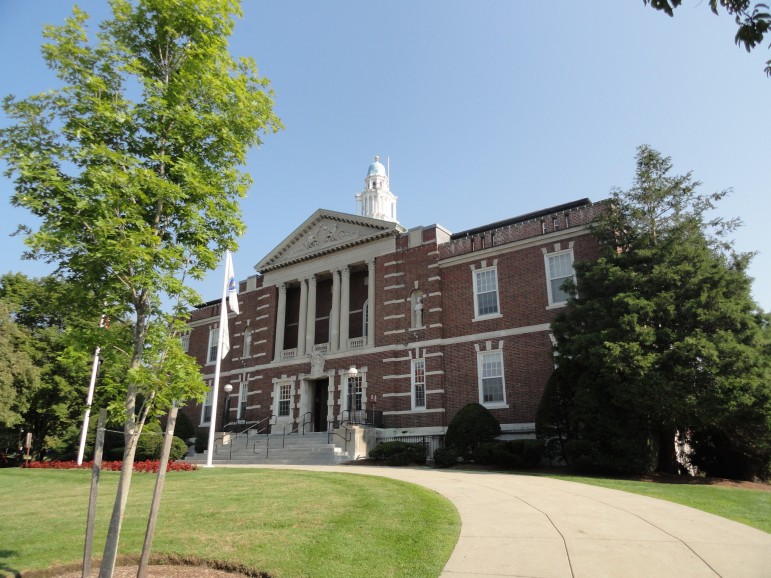
Watertown businesses will get some tax relief after the City Council approved increasing the exemption on business personal property taxes by $5,000. Councilors will not be deciding on whether to have a real estate transfer tax until a later date.
On March 26, the Council voted to increase the exemption to from $5,000 to $10,000 on items including machinery, equipment and tools, inventory, furniture, and fixtures.
The Council followed the recommendation of the Council’s Committee on Budget and Fiscal Oversight. The proposal received mixed reactions from business organizations. The Watertown Business Coalition supported increasing the exemption to give some tax relief to small businesses in town after property taxes rose when the City shifted more burden from residential properties to commercial, industrial and personal property. The Charles River Regional Chamber supported the proposal but warned that the taxes would still be paid and the taxes would be higher for the businesses with more than $10,000 in personal property.
The increased exemption means that 118 businesses that have between $5,000 and $10,000 in personal property will not longer have to pay the tax, Council Vice President Vincent Piccirilli said. The businesses would have paid $19,237 in taxes, and that burden will be taken up by the 326 businesses that have more than $10,000 in personal property.
During the Committee meeting, the question arose why the exemption was not higher. State law sets the maximum exemption at $10,000, Piccirilli said.
The Council voted 9-0 to approve the increased exemption.
Title Transfer Tax
Another topic discussed by the Committee on Budget and Fiscal Oversight was whether to have a local real estate transfer tax.
In October 2023, Gov. Healey introduced the Affordable Homes Act, which includes giving cities and towns the option to charge a real estate transfer tax.
Piccirlli noted that the State Legislature has not approved the final law. A dozen communities have introduced Home Rule Petitions to the Legislature seeking approval to charge a transfer tax, but no action has been taken by the Legislature.
“(During the Committee meeting) I suggested leaving this as a referral, and wait to get some clarity on what finally comes out of the Legislature,” Piccirilli said, who added, “Every community is different and it is important to tailor this to our community’s needs.”
Some things that would have to be considered would be if the tax would be paid by the buyer, the seller, or both. The Committee heard from some real estate agents who said that if the seller was charged it may be a disincentive for some people to sell their homes.
Greg Reibman, President and CEO of the Charles River Chamber, said that the tax would also impact commercial properties, and he said that adding the tax would make Watertown less competitive compared to communities that do not have the transfer tax.